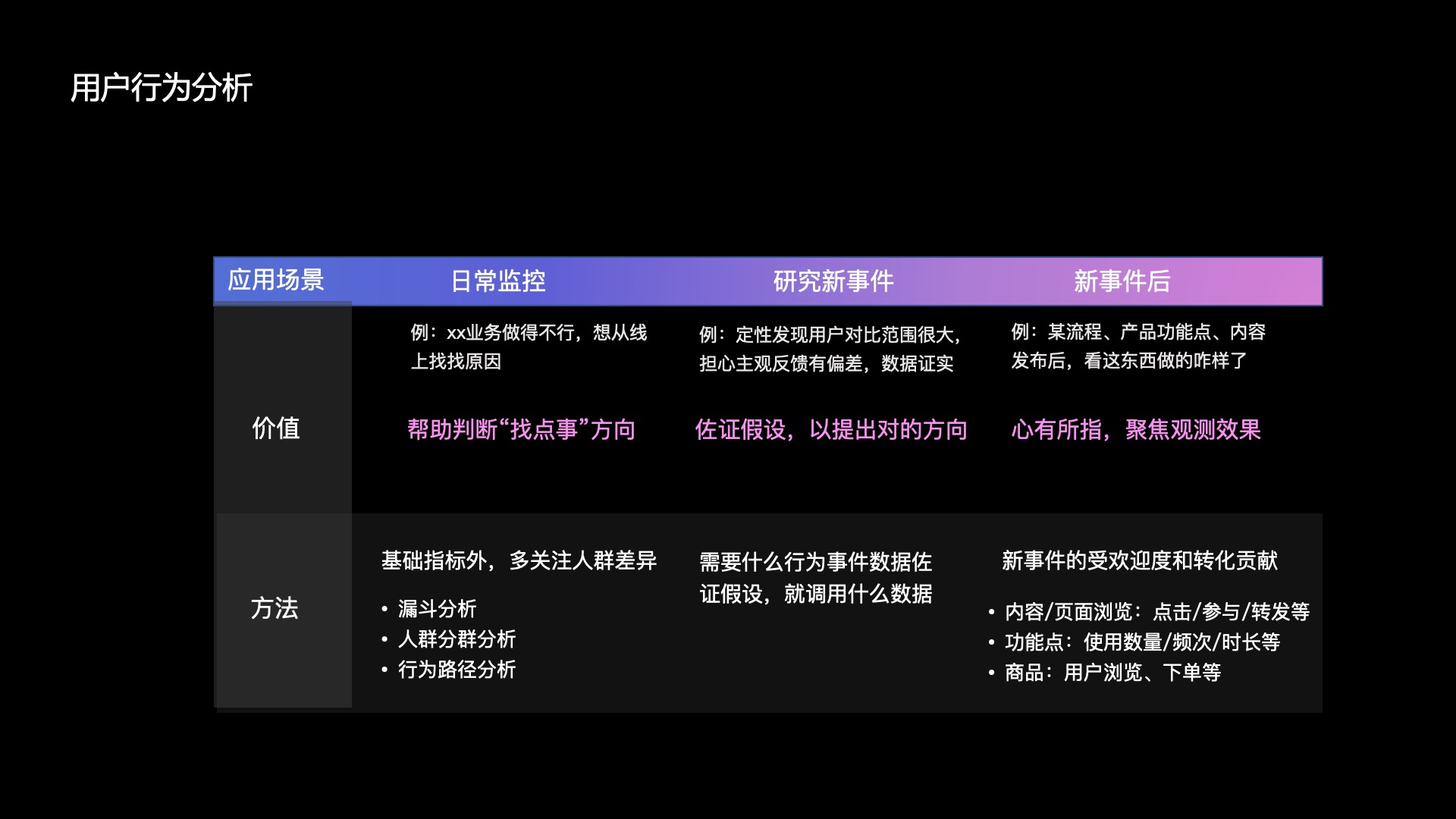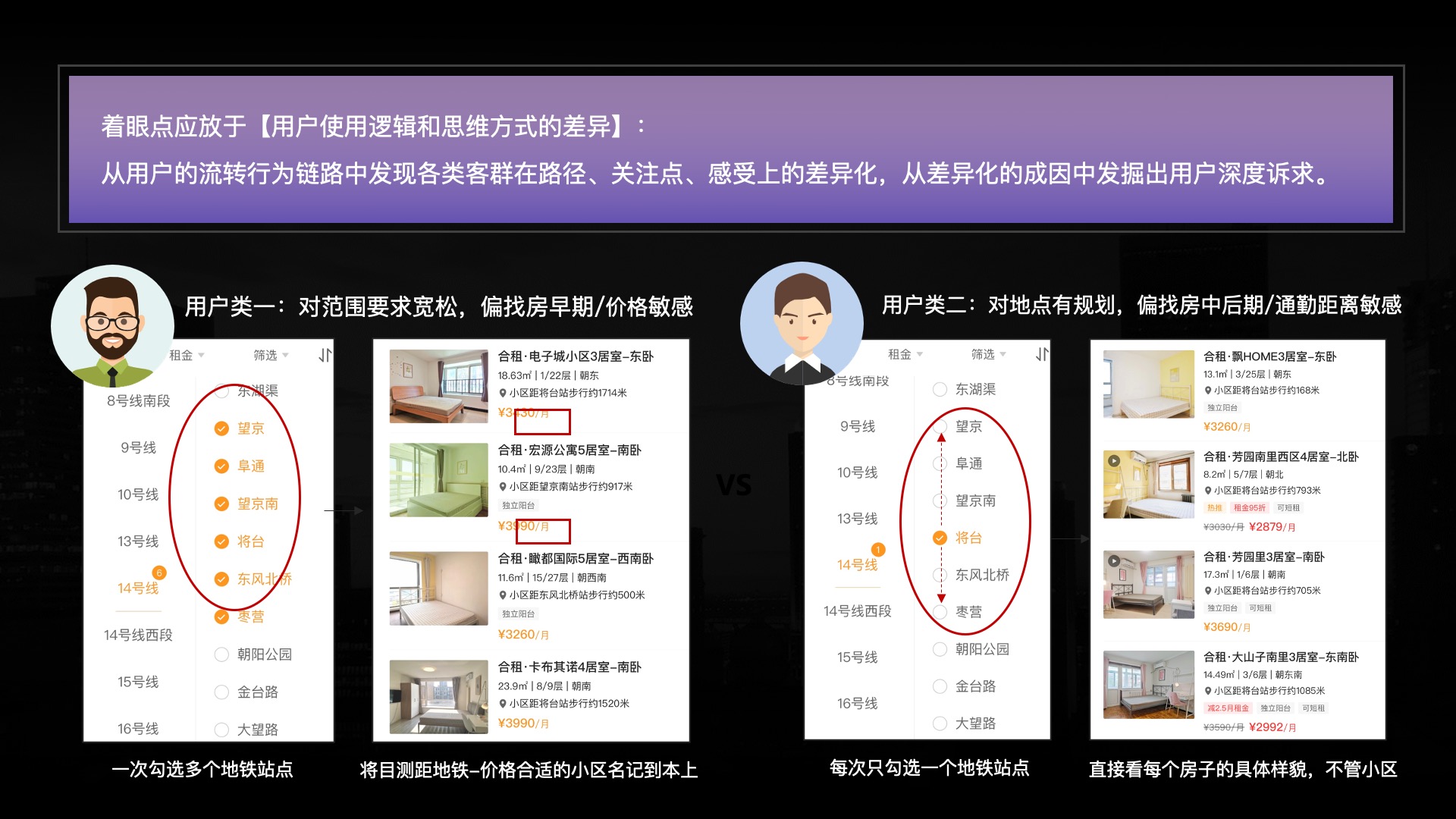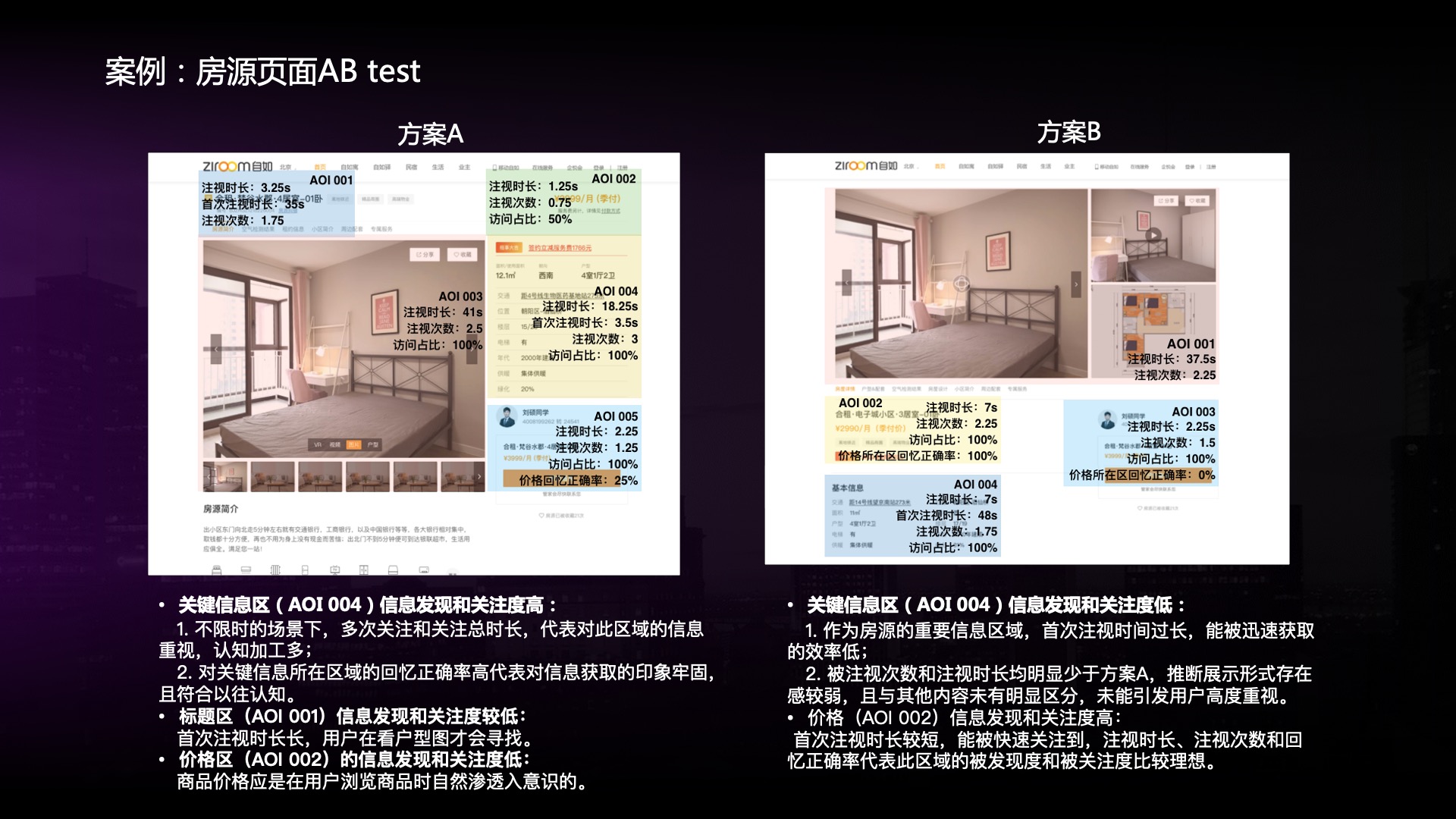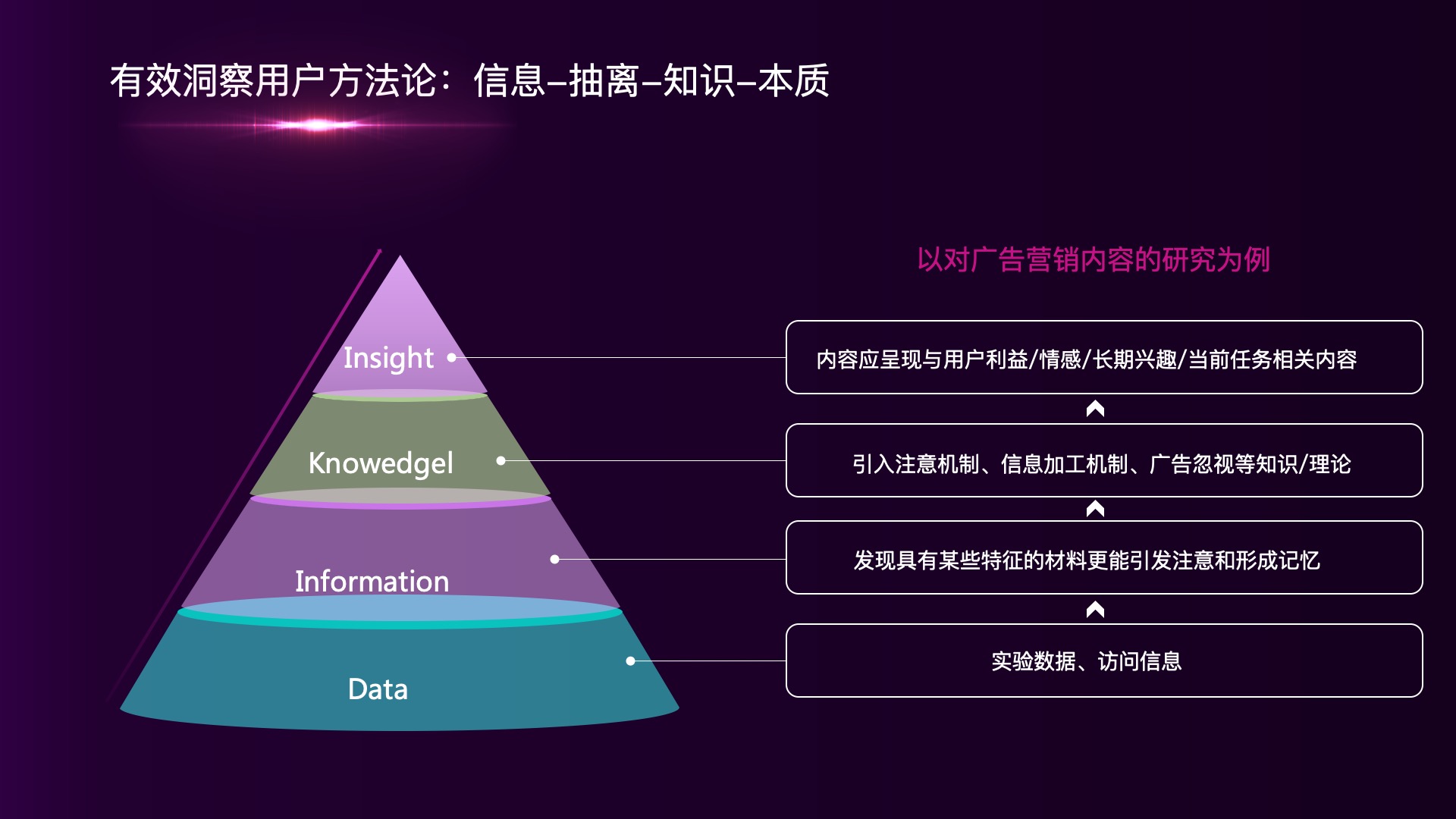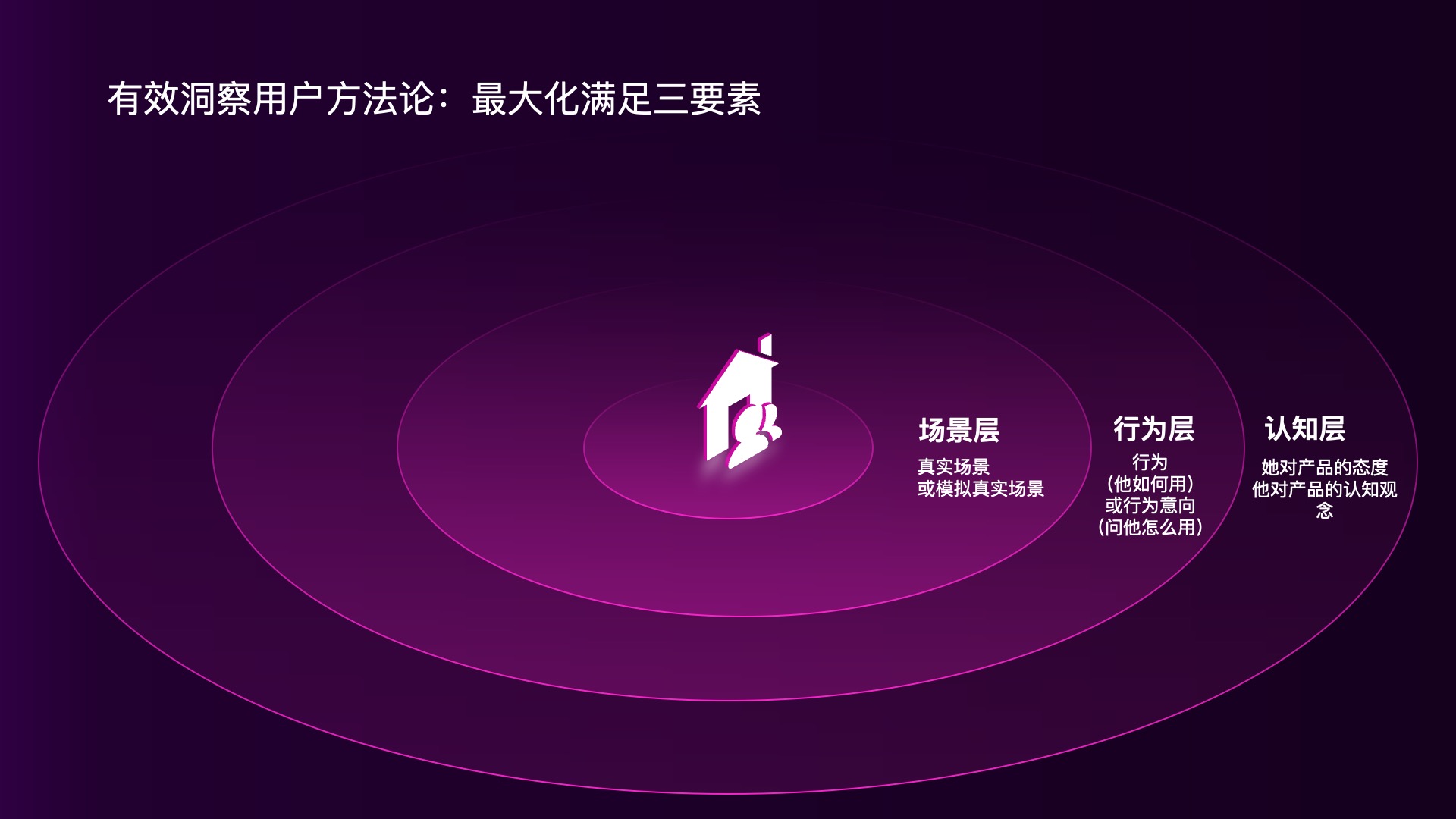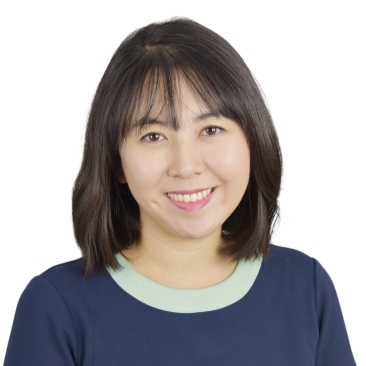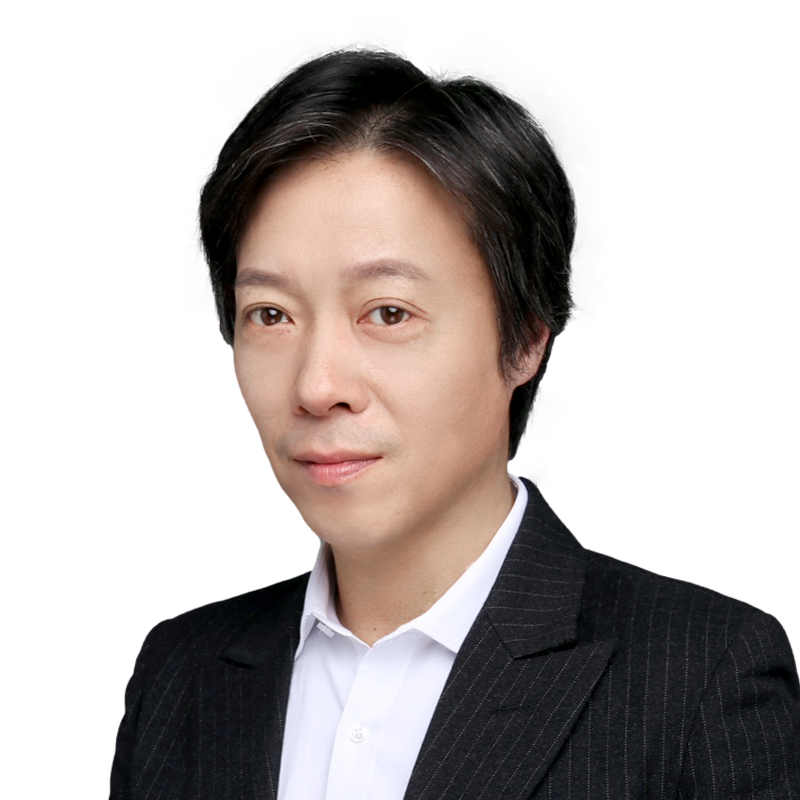-
 Sissi Zou
Ziroom
User Research Senior Expert
Sissi Zou
Ziroom
User Research Senior Expert
Responsible for the product strategy and growth exploration of the Self-Renting O2O business line. With a master's degree from Beijing University of Technology, she has focused on user experience research for 7 years, focusing on the balance between business value and user experience of products, and accumulating growth opportunities through design. She is good at flexibly combining various research tools to gain keen and deep insights into various consumer groups. She has a proven system of thinking and research methods, which she has shared with the industry on many occasions.
Design philosophy: understanding the logic of human cognition and behaviour is the key to solving most problems.
User research value reinvention, application scenarios and practical methodology
A 'growth curve' is usually how we measure business development. In fact, for product people, as they refine their professional skills and gain experience, their new insight into product/design tends to follow a slower curve. Experience usually supports a greater weighting of confident individual decisions and a greater 'bluntness' to the user world. Our common goal, the continuous search for the "truth" about product optimisation and user/business growth, remains the same, hidden in the world of the user. We need to work in the right way so that we can always dig into the user's world to find the underlying logic and the right requirements in order to generate excellent inspiration. From our long experience in usability research, we have found that a range of usability research methods, mainly 'usability testing', are a powerful tool for achieving these goals. However, the effectiveness and scope of these methods are often underestimated by many.
This workshop will focus on the mainstream usability research methods with a focus on usability testing, providing a combination of theoretical and practical usability research methodologies. The workshop will enable UX practitioners to quickly understand how to design effective research solutions for various daily requirements, how to use various flexible and low-cost implementation methods, and how to explore the underlying decision-making "black box" of users, so that their insights can reach a high growth curve and increase the business value of their results and their competitiveness in the workplace. The workshop will cover
The main contents of this workshop include
1. General description of research methods: scenarios and service objectives of each method
1.1 In-depth interviews: how to dig deeper into user needs through interviews
1.2 Questionnaire research: how to design good questions quickly
1.3 Behavioural data analysis: the three key points of behavioural analysis
1.4 Logging method: how to discover the key points of user decision making in a small but beautiful way
2. Reinventing the value of usability testing and classifying application scenarios
2.1 Principle mechanism: Usability testing has significant advantages in acquiring and processing information about users
2.2 Value assessment: the low order value and high order value that usability testing can generate for product strategy optimization
2.3 Application scenarios: design scenarios in which testing can be valuable before, during and after product iterations
2.4 Test classification: Different requirements and goals can be matched with three types of tests: exploration, comparison and evaluation.
3. Practical usability testing methodology
3.1 Execution methods: comparison of the advantages and disadvantages of eye-movement, remote and field types
3.2 The ten-step process: a step-by-step breakdown of the whole testing process
3.3 Core Methodology: How to design a solution to produce high value insights
3.4 Multi-method approach: how to integrate other types of research methods to promote efficient output
4. Case sharing and review analysis
4.1 Showcasing cases such as [map optimization], [PC website revision] and [marketing campaign effectiveness evaluation].
4.2 How we designed usability tests and used other research methods in the above cases
4.3 In the above cases, how we achieved the value of design by uncovering effective insights
1、Introduction to the workshop: Summary of content
2、Theory: The value, application scenarios and methodologies of various usability research methods, mainly usability testing
3、Case study: App optimization as an example to explain how to tap into the right user needs
4、Hands-on interaction: group practice based on the methodology explained
5、Open Answers: Q & A Free Communication
1、Interaction Designer, Experience Designer
2、User Research Engineer
3、Product Manager
4、Internet Entrepreneurs
1、Revision Thinking: Helping researcher/designer/product people to develop a mindset from exploring the underlying logic of users to discovering real user needs
2、Establishing a methodology: allowing the relevant methodology to help participants achieve efficient and deep user insights in practice
3、Practical experience: help participants learn to do applied research from scratch, broaden their thinking and enhance their workplace strengths
